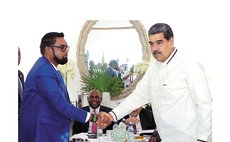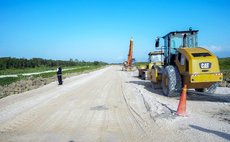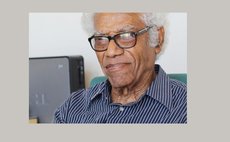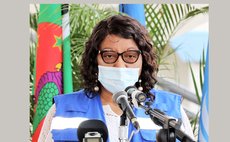South Africa local gov't elections see considerable drop in support for ANC
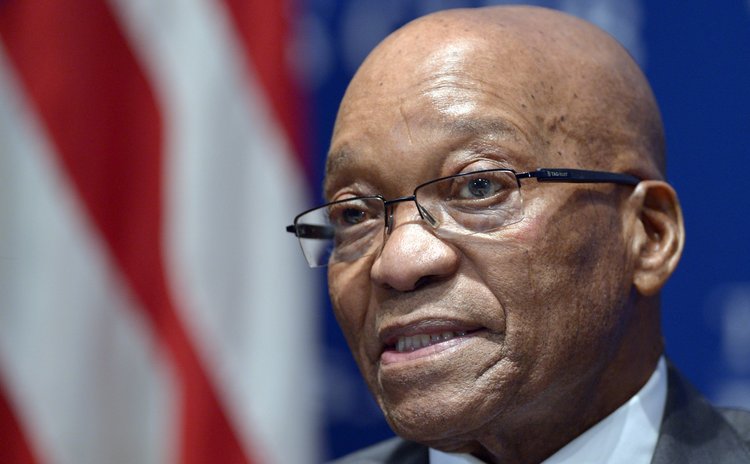
CAPE TOWN, Aug. 6 (Xinhua) -- South Africa's ruling African National Congress (ANC) suffered a considerable drop in support from voters in the local government elections, results showed on Saturday.
With most of the votes counted, the ANC's nationwide support has collapsed from 61.9 percent in 2011 to 54 percent in 2016, while support for the largest opposition party Democratic Alliance (DA) has grown from 23.9 percent to 27.1 percent.
The DA's support increased in all communities, and particularly in places that were previously ANC strongholds.
More importantly, the DA won the strategic Nelson Mandela Bay metro, dubbed as "home of the ANC".
In the metro, the DA emerged as the largest party with 46.71 percent of the vote, up from 40.13 percent in 2011.
DA leader Mmusi Maimane on Saturday claimed victory on the national executive capital of Tshwane (Pretoria), although final results have not been announced.
In Tshwane, the DA's support has grown from 30.69 percent in 2006 to approximately 43 percent in 2016. By contrast, the ANC's support collapsed from 56 percent to approximately 41.5 percent in the same period.
The DA's mayoral candidate, Solly Msimanga, will be seeking to lead a coalition government in Tshwane.
In Cape Town, the DA increased its share of the vote from 60.92 percent in 2011 to 67 percent in 2016.
For the economic powerhouse Johannesburg, the DA set out to bring the ANC below 50 percent. It is clear that the ANC will end closer to 45 percent. DA's mayoral candidate, Herman Mashaba, will be seeking to lead a coalition government in Johannesburg.
Outside of the metros, the DA won 19 municipalities with an outright majority. They span three provinces, Gauteng, the Eastern Cape and the Western Cape.
The elections, seen by many as being the most contested since 1994, took place on Wednesday. For the first time in history, the elections saw 200 political parties and over 61,000 candidates participating to seek control of eight metros and more than 200 municipalities. The number of registered voters stood at 26 million.
As a result of the DA's growth, the party is now preparing to form governments in four metros and 46 local municipalities, he said.
"Whatever happens in the next few weeks, there can be no doubt that the tide in our country is turning. Our party's task now is to build on this growth as we head towards the 2019 provincial and national elections," the DA leader said
